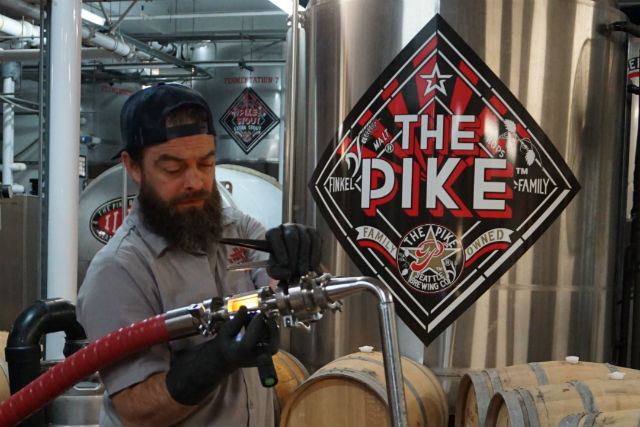
This is a part of a continuing series of Q&As with brewers from across the U.S. Brewer Magazine will share business and personal insights from Brewmasters, Head Brewers, Brewing Managers and others each weekend to help you, a fellow brewer, Brewmaster or brewing manager get to know each other better in the industry and learn more to better develop your own brand.
Art Dixon, Head Brewer, Pike Brewing — Seattle
BREWER: What is a lesson learned within your position that sticks with you to this day?
DIXON: Be consistent. I first began learning the importance of consistency when at age seven I inadvertently made bottle bombs by overdosing my grandfather’s homebrew. Whether developing a new recipe or keeping continuity within a long-term product, obtaining consistency is always one of my biggest professional goals. In my role as Head Brewer at Pike Brewing Company, this goes beyond being consistent as an individual brewer, it also means I take a hands on approach to brewery staff training, making sure every member of the team understands how to achieve that goal.
BREWER: Who is your mentor in the industry and why? What have you learned from them?
DIXON: My first industry boss, Jason Parker who was head brewer at Pyramid Breweries at the time, was a big inspiration for me. Jason is an awesome musician, brewer, distiller, and one of the kindest people. And despite putting me through the ringer over a two-hour interview in which I realized just how much I still had to learn, he gave me a chance. Jason introduced me the fundamentals of good manufacturing food practices and proper execution. He also taught me about chemicals and compound reactions, as he’s a chemist himself. Jason was a model of what I wanted to be, and that inspiration helped me become one of the company’s top employees, and work my way up over five and a half years from packaging to ultimately taking over the head brewer position Jason vacated.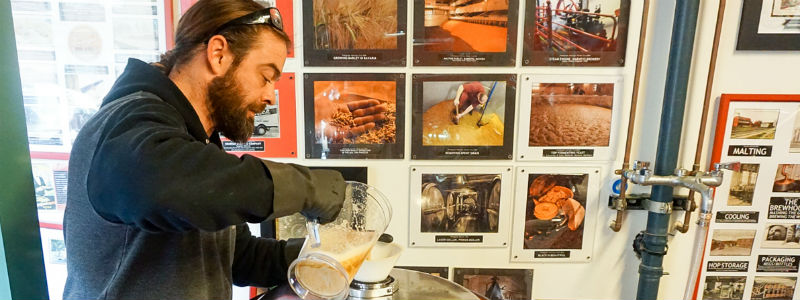
BREWER: What have you added to your brewery lately that’s unique or making your business more successful?
DIXON: In this past year, Pike added a seafood restaurant, Tankard & Tun, as well as an additional brewery cellar to its urban brewery footprint in the Pike Place Market neighborhood of Seattle. This expansion has increased Pike’s beer production by 30 percent. The new cellar is on the same level as Tankard & Tun, both of which are stacked on top of The Pike Pub with the brewery at the bottom, so the beers that come out of that new cellar are called our Third Story Series. The Third Story Series gives me an opportunity to brew a rotating selection of one-off beers while maintaining the consistent line up of core brands. We’ve seen an exciting return on investment with this expansion, particularly because so many craft beer fans are looking for variety and newness in their selections.
BREWER: In today’s business climate for craft beer, how will your brewery grow?
DIXON: At Pike, we talk about the goal of becoming a 100-year-old independent craft brewery. This means, we value the lessons and experience the last 29 years have brought us, but are always looking towards the future to stay adaptable and relevant. This attitude is built into the DNA of the business itself — founding owners Charles and Rose Ann Finkel have always been industry pioneers — so when a challenge arises, our team looks for creative solutions with a willingness to lead the pack. For example, there are number of breweries with the goal of national distribution, but a much smaller portion of those breweries have been able to successfully achieve that goal. So instead of making a play for expanding our market in that way, Pike Brewing Company has always wanted to recommit to the local community and focus on beer quality and freshness. That doesn’t mean, however, we’re not open to atypical growth avenues, however: For the past five years Pike has been distributing beer to Japan to meet the growing demand for American craft beer. We’re pleased to be working with business partners that care about quality and consistency just as much as we do. Instead of less trustworthy disposable kegs, for example, we’re using stainless steel cooperage to send beer back and forth. Because of this success in the Japanese market, Pike is now working with the same distribution partners to open a Pike restaurant and craft beer bar in Nagoya, Japan.
BREWER: What sort of innovations in craft beer excite you?
DIXON: The many creative minds at play in the craft beer industry is really inspiring. There are so many good brewers in Washington State, and across the country, and I’m continually excited by the constant innovations they bring when it comes to beer styles. Trends can be a bit of a pendulum swing: The quintessential bold and bitter West Coast-style IPA trend led to an explosion East Coast-style hazy fruit-bombs, and now the response is a move towards clean and bright Brut IPAs. It’s a great time to be a craft beer drinker, and an exciting time to be a craft beer brewer.
BREWER: If you had one strategy that you could implement to better the craft beer business, what would it be?
DIXON: I’d like to see good manufacturing processes considered as cool by consumers and industry leaders as experimental brewing is. Creating new styles or flavor profiles will always be exciting, but a foundation of well-made beer not only speaks for itself, but also allows those experiments themselves to be quality, not just curiosity, products.

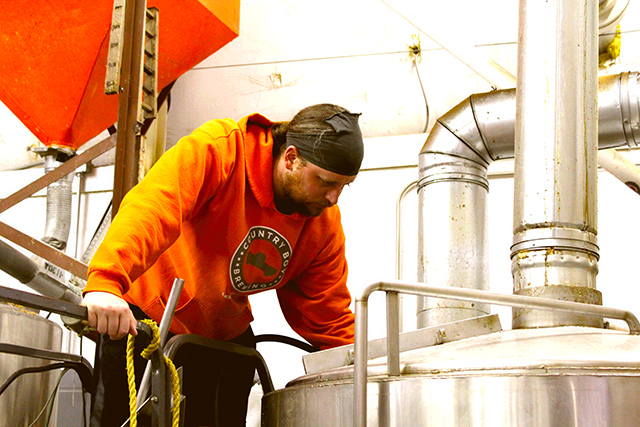
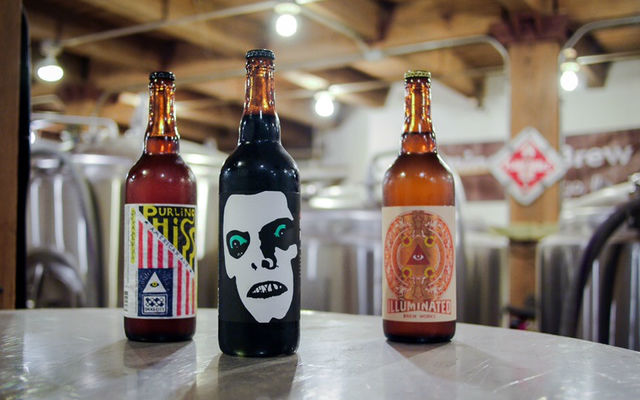
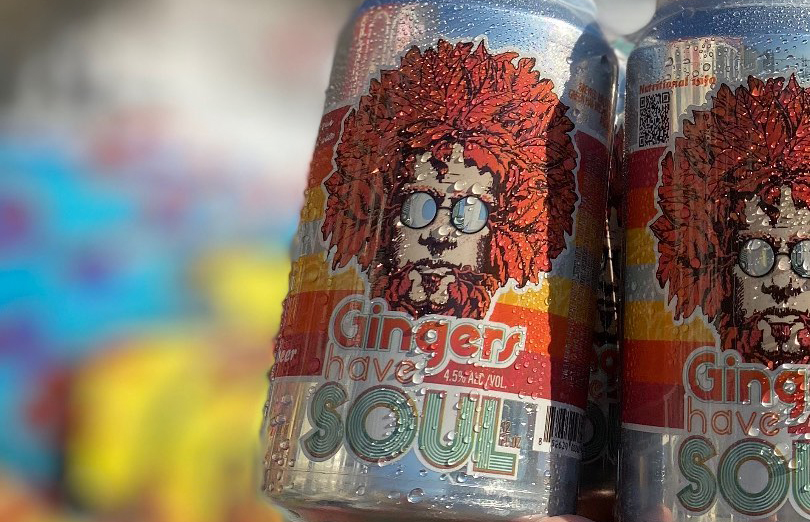
Be the first to comment